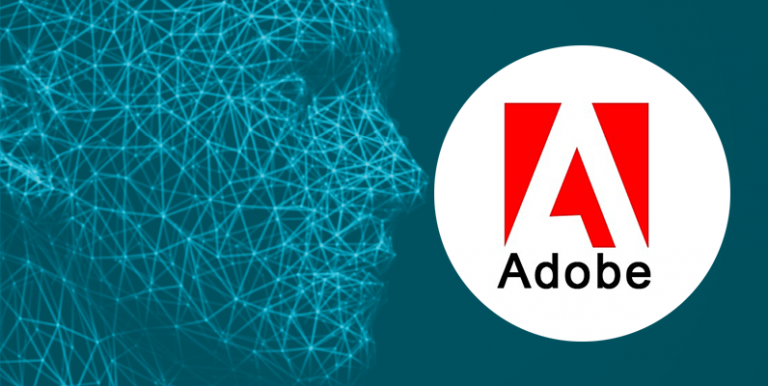Seminar: Creativity, Imagination, and Machine Learning
20 November 2019, 11:00 am–12:00 pm

Prof. Sridhar Mahadevan, Director of the Data Science Lab at Adobe Research, USA, will explore if Artifical Intelligence and Machine Learning are inherently limited in creativity by their statistical orientation.
This event is free.
Event Information
Open to
- UCL staff | UCL students | UCL alumni
Availability
- Yes
Cost
- Free
Organiser
-
Laura Toni – Institute of Communications and Connected Systems
Location
-
Room 1.20Mallet Place Engineering BuildingMallet PlaceLondonWC1E 7JEUnited Kingdom
Description
Machine learning turned 60 this year: in 1959, Arthur Samuel of IBM demonstrated how a vacuum tube IBM 701 computer could learn to play checkers from self-play using trial and error learning. Progress over the past six decades in many areas, from improved algorithms to vastly more powerful hardware and storage, have enabled machine learning to become a major driver of growth in many businesses and major economies. In large part, most work in machine learning is based on estimating the statistical parameters of a data distribution, either explicitly or implicitly.
Creativity and imagination have long been considered a hallmark of human intelligence. In this talk, we explore the potential limitations of the statistically oriented AI and ML paradigms: can human cognition, particularly creativity and imagination, be reduced to statistics? Or is our innate ability to imagine and create driven by mental subroutines that do more than discern statistical regularities in observed data?
About the Speaker
Prof. Sridhar Mahadevan
Director, Data Science Lab, at Adobe Research
More about Prof. Sridhar MahadevanSridhar Mahadevan is Director of the Data Science Laboratory at Adobe Research in the San Francisco Bay Area, and Research Professor at the University of Massachusetts, Amherst, where he co-directs the Autonomous Learning Laboratory.
He was elected Fellow of the Association for the Advancement of AI (AAAI) in 2014 for significant contributions to machine learning. He has published over 150 papers in various areas of AI and machine learning, and a pioneering book on robot learning in 1993. In 2018, his AAAI paper on imagination machines received the Blue Sky Best Paper Award from the Computing Community Consortium, comprised of CS departments in North America.
 Close
Close

